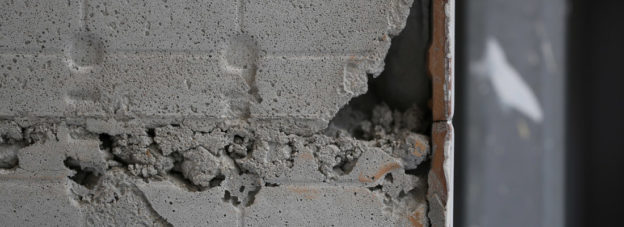On Friday, March 24, 2023, Florida’s governor, Ron DeSantis, signed into law a tort reform bill, HB 837. The bill impacts, among other things, bad faith actions and attorney’s fee awards. Of particular importance to subrogation professionals are provisions impacting comparative fault, the statute of limitations and premises liability with respect to the criminal acts of third persons.
With respect to the statute of limitations, the bill amended Fla. Stat. § 95.11(3) and (4), to reduce the statute of limitations for negligence actions from four (4) years to two (2) years.
As for comparative fault, Fla. Stat. § 768.81 was amended to move Florida from a pure comparative fault jurisdiction for negligence actions to a modified comparative fault jurisdiction. Pursuant to § 768.81(6), as revised, in a negligence action subject to that section, “any party found to be greater than 50 percent at fault for his or her own harm may not recover any damages.” Section 768.81(6), however, does not apply to actions for damages for personal injury or wrongful death arising out of medical negligence.





